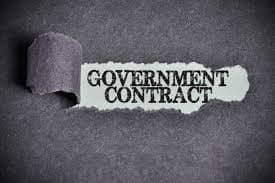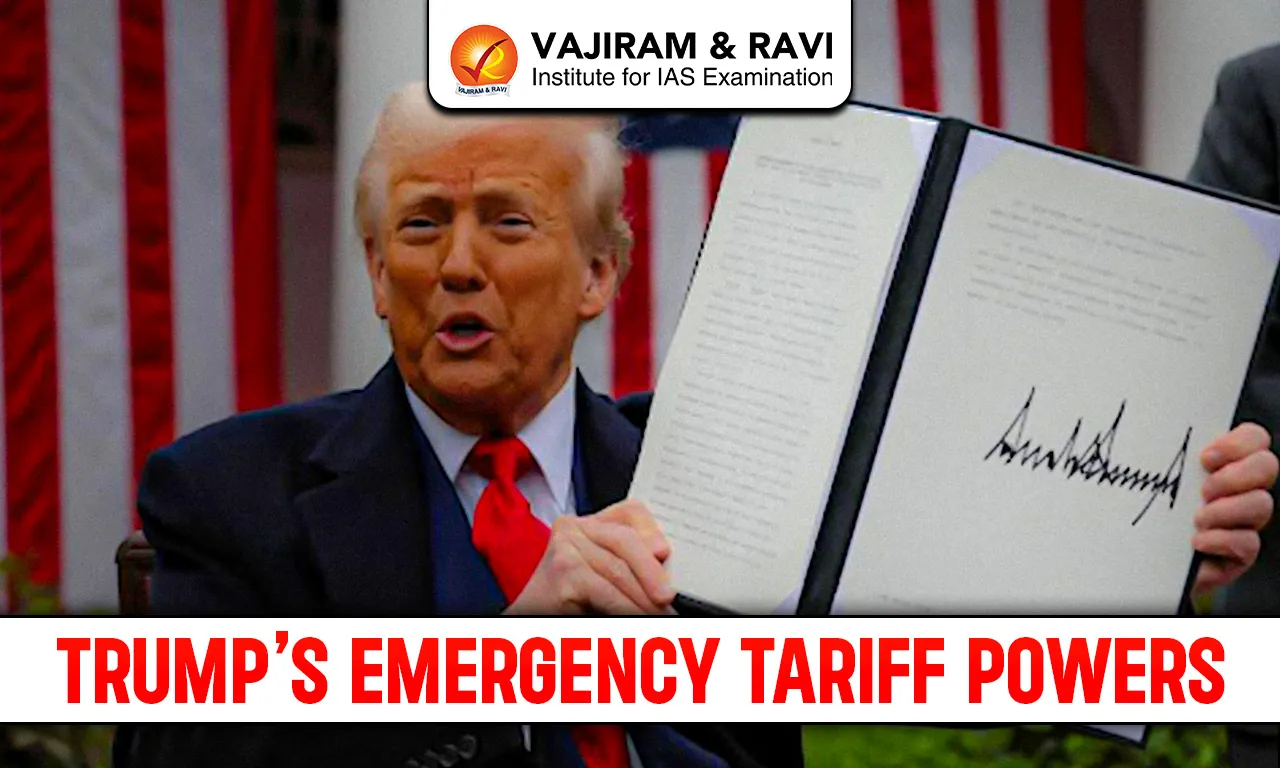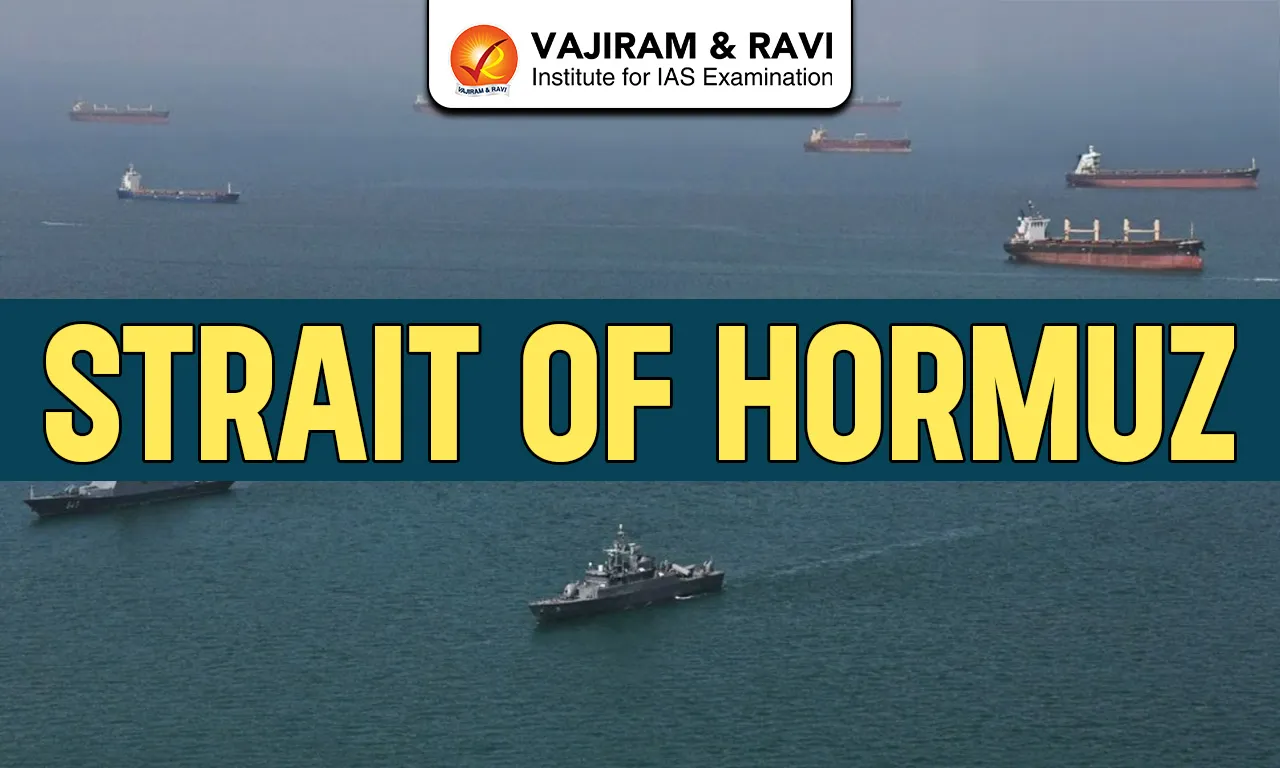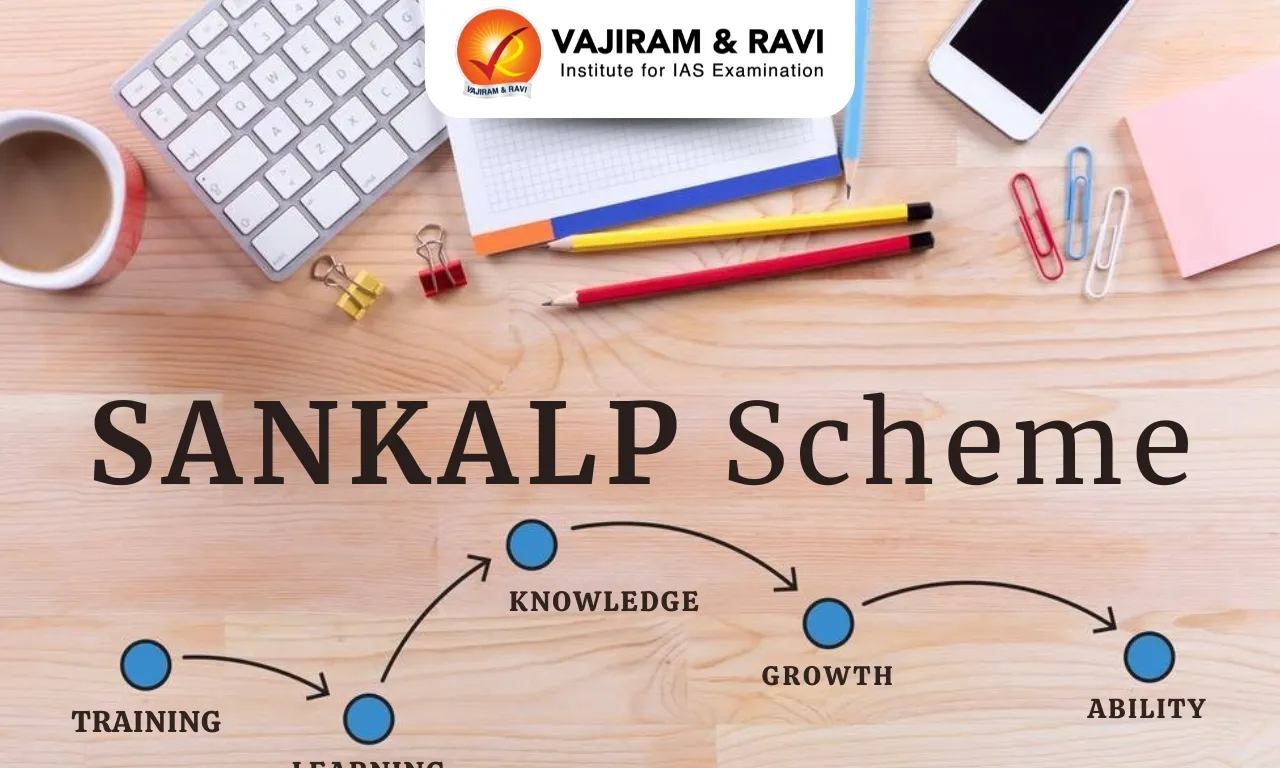What’s in today’s article?
- Why in News?
- What is Article 299 of the Indian Constitution?
- Procedure to be Followed for Making a Contract
- What are the Requirements for Government or State Contracts?
- What was the Case?
- The Apex Court’s Ruling
Why in News?
- The Supreme Court held that the government, when entering into a contract under the President’s name, cannot claim immunity from the legal provisions of that contract under Article 299 of the Constitution.
What is Article 299 of the Indian Constitution?
- Article 298: It grants the Centre and the state governments the power to carry on trade or business, acquire, hold, and dispose of property, and make contracts for any purpose.
- Article 299: It provides that all contracts made in the exercise of the executive power of the Union or of a State shall be
- Expressed to be made by the President or by the Governor of the State.
- Executed on behalf of the President or the Governor by persons in a manner as directed and authorised by them [Article 299 (1)].
Procedure to be Followed for Making a Contract:
- In 1954, the top court held that there must be a definite procedure according to which contracts must be made by agents acting on the government’s behalf; otherwise, public funds may be depleted by illegitimate contracts.
- It implies that contracts not adhering to the manner given in Article 299(1) cannot be enforced by any contracting party.
- However, Article 299 (2) says that neither the President nor the Governor can be personally held liable for such contracts.
What are the Requirements for Government or State Contracts?
- In 1966, the apex court laid down essential requirements for government contracts under Article 299.
- 3 conditions to be met before a binding contract against the government could arise:
- The contract must be expressed to be made by the Governor or the President;
- It must be executed in writing, and
- The execution should be by such persons and in such a manner as the Governor or the President might direct or authorise.
What was the Case?
- The case dealt with an application filed by Glock Asia-Pacific Limited, a pistol manufacturing company, against the Centre regarding the appointment of an arbitrator in a tender-related dispute.
- According to the Arbitration and Conciliation Act, 1996, any person whose relationship with the parties or counsel of the dispute falls under the 7th Schedule (of the Act) will be ineligible to be appointed as an arbitrator.
- The 7th Schedule includes relationships where the arbitrator is an employee, consultant, advisor, or has any other past or present business relationship with a party.
The Apex Court’s Ruling:
- Referring to the 246th Law Commission Report, the court observed that when the party appointing an arbitrator is the State, the duty to appoint an impartial and independent adjudicator is even more onerous.
- Thus, the court rejected the Centre’s reliance on Article 299, saying that Article 299 only lays down the formality that is necessary to bind the government with contractual liability.
- Thus, the substantial law relating to the contractual liability of the Government is to be found in the general laws of the land.
- The court also appointed former SC judge Justice Indu Malhotra “as the Sole Arbitrator to adjudicate upon the disputes” in the case.
Q1) What is the Arbitration and Conciliation Act 1996?
It is an Act to consolidate and amend the law relating to domestic arbitration, international commercial arbitration and enforcement of foreign arbitral awards as also to define the law relating to conciliation.
Q2) What is the Law Commission of India?
It is a non-statutory body constituted by a notification of the Government of India, Ministry of Law & Justice, with a definite term of reference to carry out research in the field of law.
Last updated on February, 2026
→ UPSC Notification 2026 is now out on the official website at upsconline.nic.in.
→ UPSC IFoS Notification 2026 is now out on the official website at upsconline.nic.in.
→ UPSC Calendar 2026 has been released.
→ UPSC Final Result 2025 is expected to be released in the second week of April 2026.
→ Check out the latest UPSC Syllabus 2026 here.
→ Join Vajiram & Ravi’s Interview Guidance Programme for expert help to crack your final UPSC stage.
→ UPSC Mains Result 2025 is now out.
→ UPSC Prelims 2026 will be conducted on 24th May, 2026 & UPSC Mains 2026 will be conducted on 21st August 2026.
→ The UPSC Selection Process is of 3 stages-Prelims, Mains and Interview.
→ Prepare effectively with Vajiram & Ravi’s UPSC Prelims Test Series 2026 featuring full-length mock tests, detailed solutions, and performance analysis.
→ Enroll in Vajiram & Ravi’s UPSC Mains Test Series 2026 for structured answer writing practice, expert evaluation, and exam-oriented feedback.
→ Join Vajiram & Ravi’s Best UPSC Mentorship Program for personalized guidance, strategy planning, and one-to-one support from experienced mentors.
→ Check UPSC Marksheet 2024 Here.
→ UPSC Toppers List 2024 is released now. Shakti Dubey is UPSC AIR 1 2024 Topper.
→ Also check Best UPSC Coaching in India




















